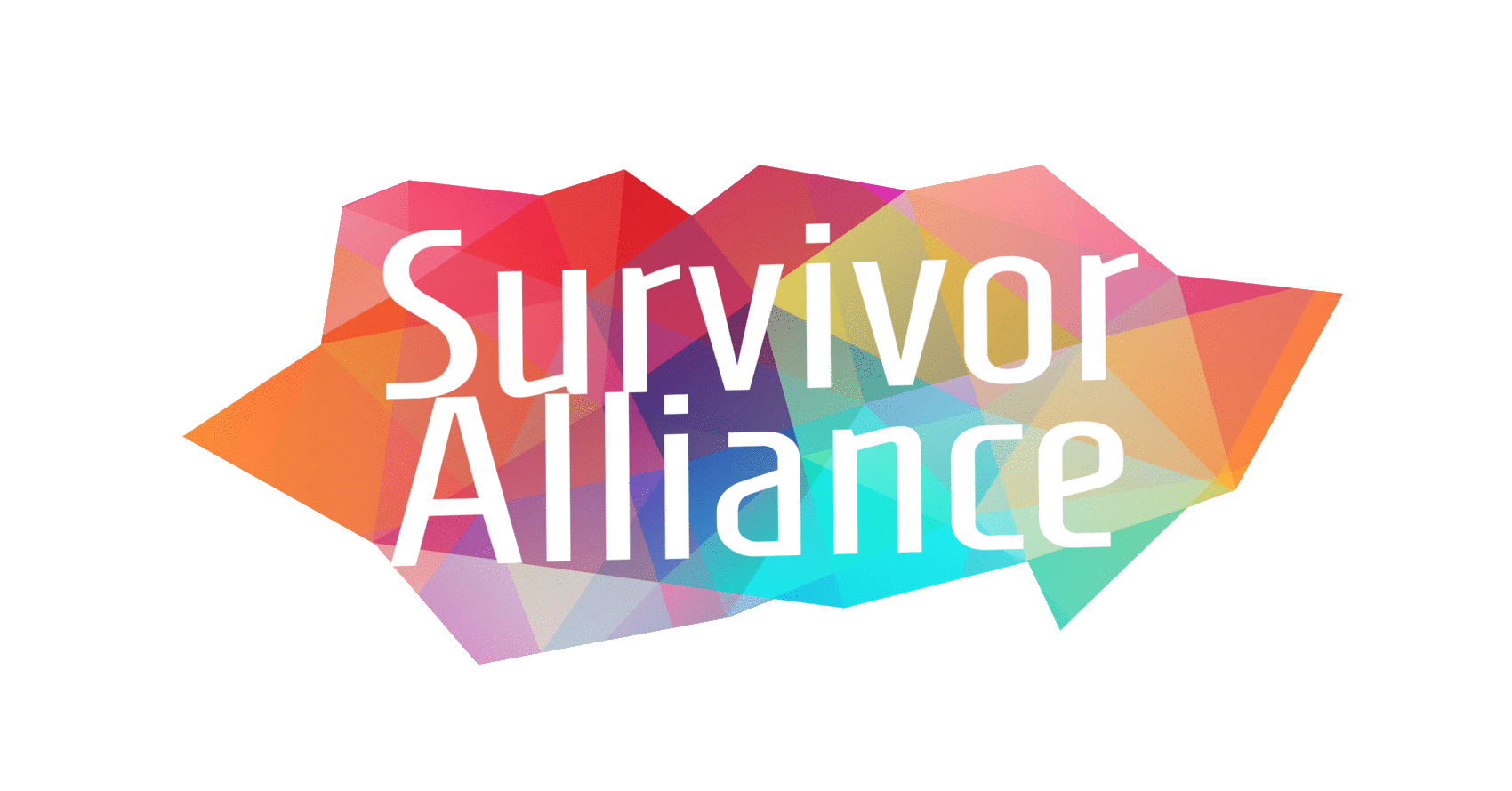Movement Building
We believe there is a void of survivor voice and contribution within the global anti-trafficking/anti-slavery field, particularly related to formal leadership positions. This phenomenon undermines efforts to eradicate human trafficking and support long-term healing for survivors. The anti-trafficking/anti-slavery sector will be effective at both preventing and responding to human trafficking when those with lived experience expertise are driving the strategy.
The successes of self-led social justice movements are well documented in other issue areas, such as the Disabled People’s Movement and sexual assault survivors movement, and the principles of these movements can be applied to the trafficking sector to create greater impact.
As it stands today, the anti-trafficking/anti-slavery space is not a social justice movement led by those most impacted by the issue. Rather, the field is highly-professionalized, and the global anti-trafficking agenda is largely set by governments, multilateral organizations and a handful of powerful INGOs. One of the key factors creating the problem is that lived experience is not seen as expertise, and therefore it is not sought out. In general, sector leadership places more value on degrees and professional experience over lived expertise, in some instances denying survivors’ personhood and devaluing the unique perspective they bring. It is the norm for anti-trafficking policies and interventions to be developed by those without lived experience. In the past decade, the anti-trafficking sector has shifted slightly toward survivor inclusion, but representation remains tokenizing, sometimes exploitative, and frequently centered on Western survivors.
Inclusion has often been limited to survivors re-telling their trauma narratives for “awareness” or fundraising purposes, often leading to further victimisation. Those organizations that do engage survivors in some way often ask survivors to give of their time and talents without compensation of any kind.
Survivor Alliance envisions a self-led, bottom-up movement in contrast to the current model. Our efforts to both develop survivors as leaders and shift the attitudes of allies, or non-survivors, in sector leadership roles will result in an intersectional, inclusive movement that is truly by, of, and for survivors of slavery and trafficking.
In this new reality that we are building, survivors will ultimately be represented in the majority of anti-trafficking/anti-slavery roles at every level -- local, national, regional, and global -- and will fill the majority of decision-making positions across the board. Although allies will always play an integral role in advancing survivors’ agendas, they will no longer represent the majority nor will they singularly drive the agenda.
To achieve this vision, the mainstream sector must be pushed to include, support, and elevate survivor leadership. Survivor Alliance is a bridge-builder, linking the anti-trafficking sector to survivors who want to contribute their lived experience expertise. By both building power with survivors and working with allies to reimagine survivor inclusion within the sector, Survivor Alliance will completely transform the landscape.

